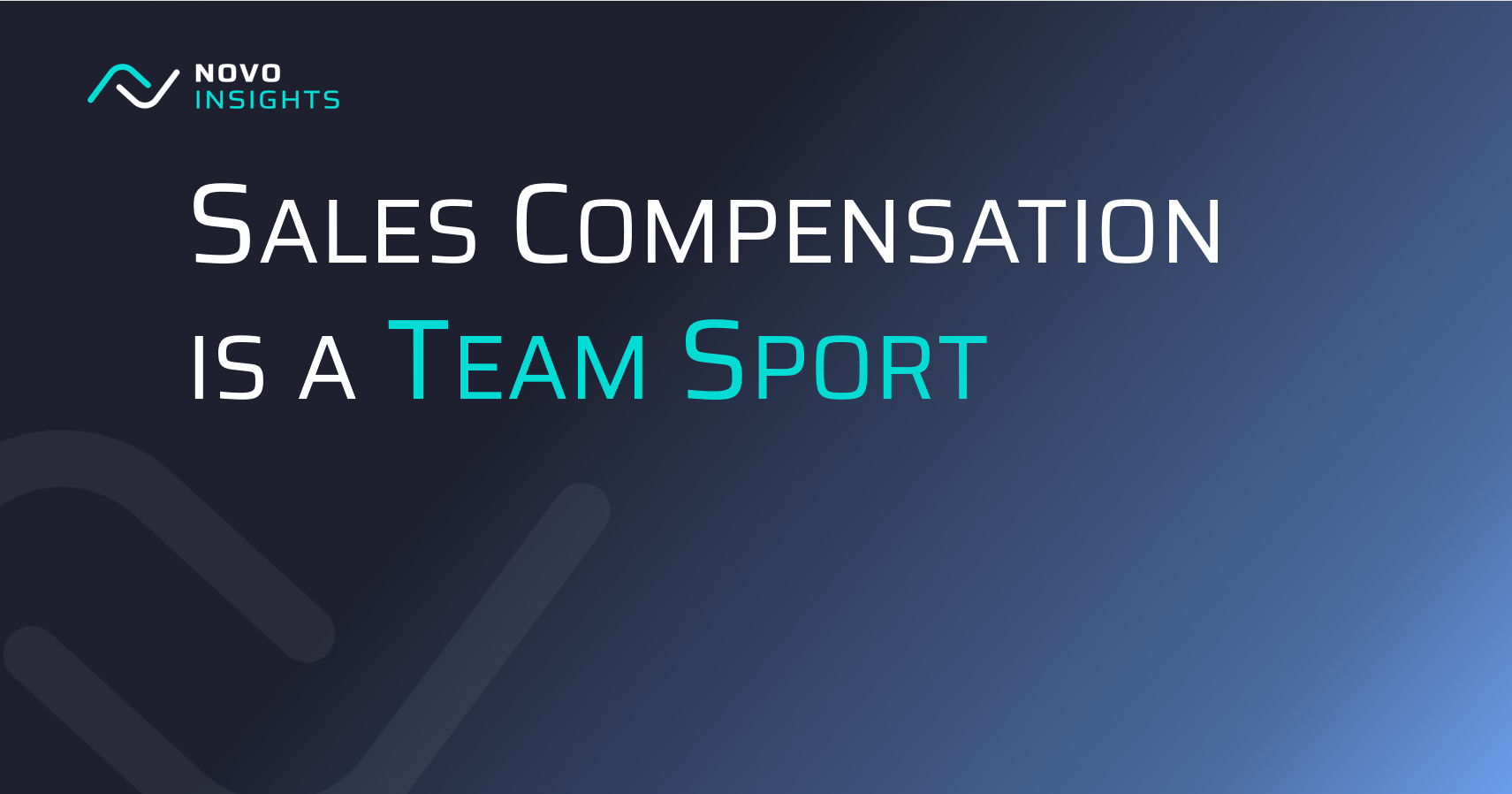The Cycle management Category within the Compensation Technology (CompTech) sector is both driving and experiencing transformation. With a number of notable acquisitions and a large number of players, the signals for further consolidation in this crowded market are clearer than ever. Let’s break down why these deals matter, what they tell us about the future of the space, and why more consolidation is likely on the horizon.
A Crowded Field of Cycle Management Startups
Over the past several years, the cycle management category has become a hotbed for innovation—and intense competition. Dozens of new entrants have emerged, each promising to make compensation planning, merit cycles, and performance management easier, smarter, or more equitable. The appeal is obvious: for years, HR and finance teams have relied on error-prone spreadsheets and homegrown workflows, or have been using modules of their HRIS system that tend to have a poor user experience. The time was right for innovation and better tools.
Yet, as more vendors vie for attention, go-to-market channels have become increasingly crowded. It’s harder than ever for newcomers to cut through the noise and for buyers to distinguish which solution best fits their needs.
Acquisitions Signal Desire to Embed Compensation Workflows
One lesson from the latest wave of acquisitions is clear: embedding compensation management into broader workflows is seen as strategically valuable. Rather than trying to rip users away from Excel or standalone tools, acquirers are looking to integrate best-in-class comp cycle capabilities directly into platforms their customers already use. We see this thesis come through in three forms:
- Salary.com acquiring CompXL brought cycle management into an established compensation data and benchmarking suite, simplifying the transition for compensation teams seeking additional control and flexibility. Larger CompTech players may see value in more broadly covering the CompTech landscape
- Deel’s acquisition of Assemble signals the integration of compensation intelligence with core HRIS and payroll, making compensation planning a seamless part of the overall HR ecosystem. Other expanding HRIS providers may be seeking tools to integrate into their broader platform.
- Barley's acquisition by Workleap highlights how the lines between performance management and compensation management can be blurry, and there's an opportunity for integration between those cycles.
Embedding comp cycles this way creates a compelling platform for the acquiring company to leverage a captive customer base and describe a frictionless experience.
A Note About Barley and Workleap
Barley’s recent acquisition by Workleap is a textbook example of why user experience matters in M&A strategy. Barley built a reputation for a clean, intuitive admin and manager experience—key factors in cycle management adoption. For Workleap, whose core business centers on performance management and employee engagement, Barley’s usability makes it an ideal fit for integration. Rather than just bolting on new features, Workleap can now offer compensation cycle management as a natural extension, upsell, or add-on to its existing customers.
It's worth noting that Barley also provides a Range Management tool (in the Market Management category) that we'd expect can also be valuable to Workleap customers and continuing Barley users.
The Outlook: More Consolidation Ahead
Given these trends, further consolidation in cycle management is not just likely, but inevitable. Here’s why:
- Market saturation makes it difficult for smaller players to stand out or scale profitably.
- Customer acquisition costs are rising in a crowded space.
- Larger platforms are hungry to expand their value proposition, and acquiring best-in-class cycle management capabilities is often faster and cheaper than building from scratch.
- Strong user experiences, like Barley’s, are particularly attractive as they ease integration pains and boost adoption rates in the acquirer’s existing base.
We expect to see more established HRIS, payroll, and performance management vendors snapping up niche cycle management startups—especially those with differentiated user experiences or unique planner experiences.
Conclusion
The recent string of acquisitions in cycle management and compensation tech is more than a trend—it’s a reflection of a maturing market. As vendors and buyers alike seek tighter integration, lower adoption friction, and better user experiences, consolidation will accelerate. For compensation buyers, this may mean more holistic, embedded solutions. For provider startups, it’s both a challenge and an opportunity: stand out now, or be ready to join a larger ecosystem.




